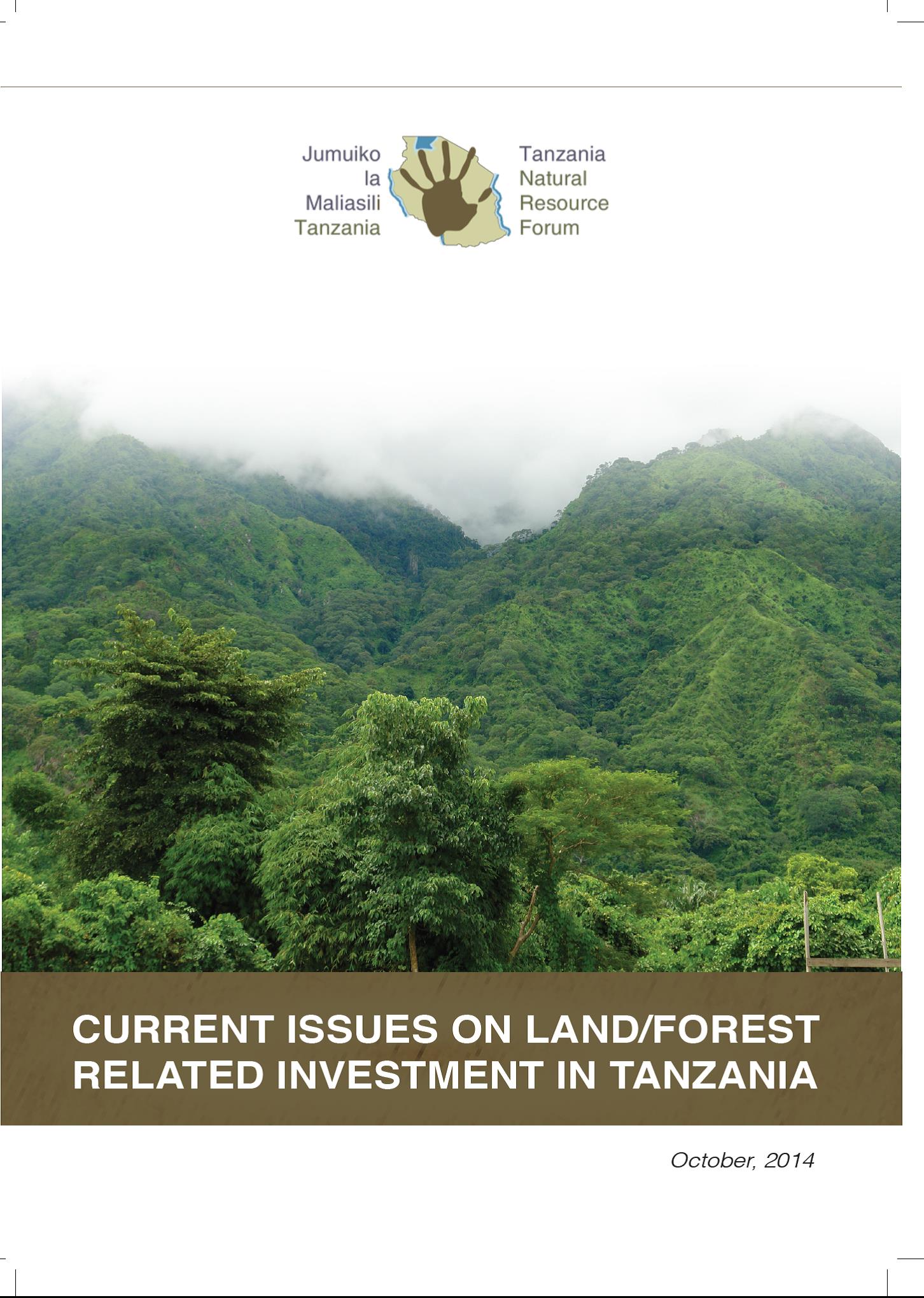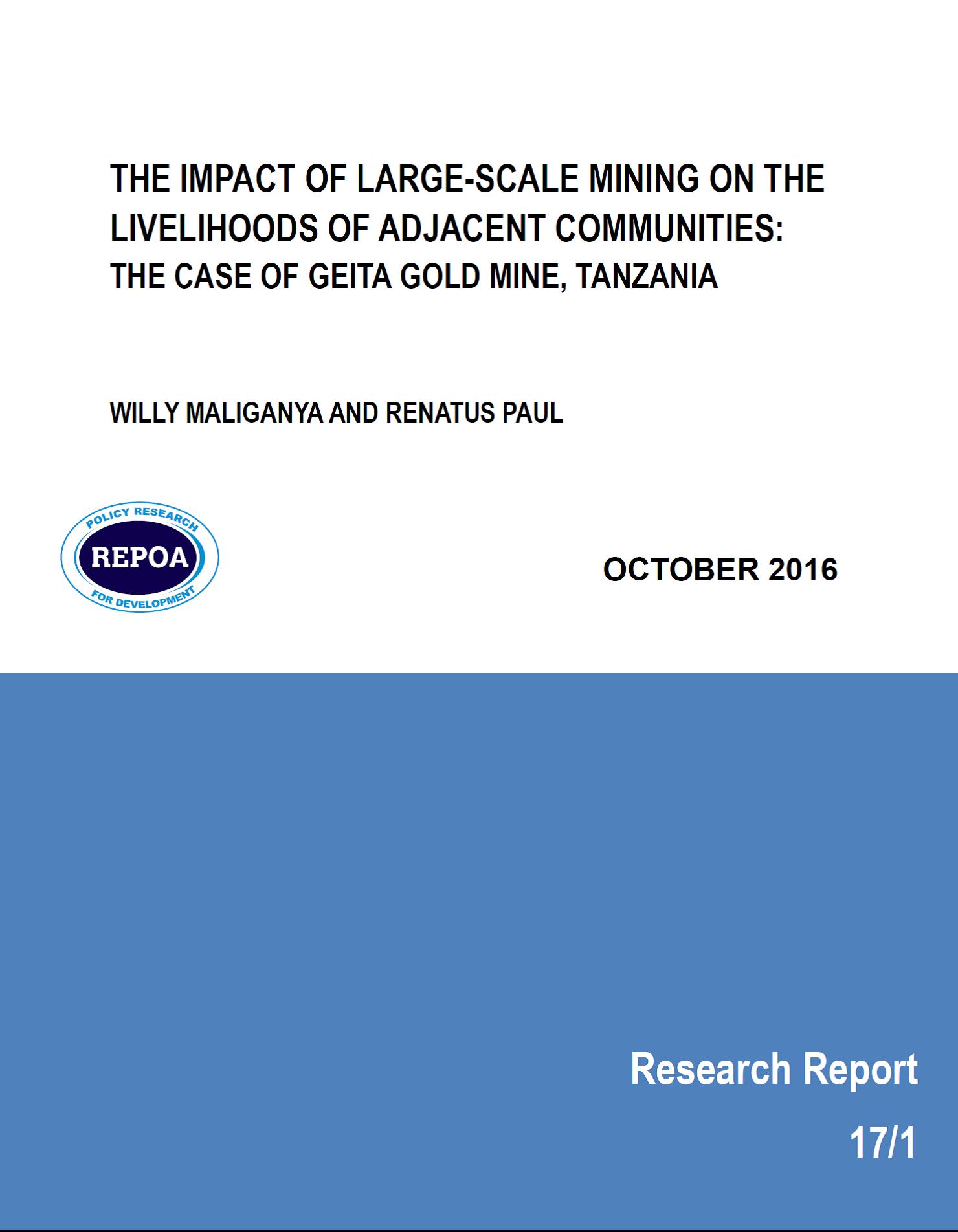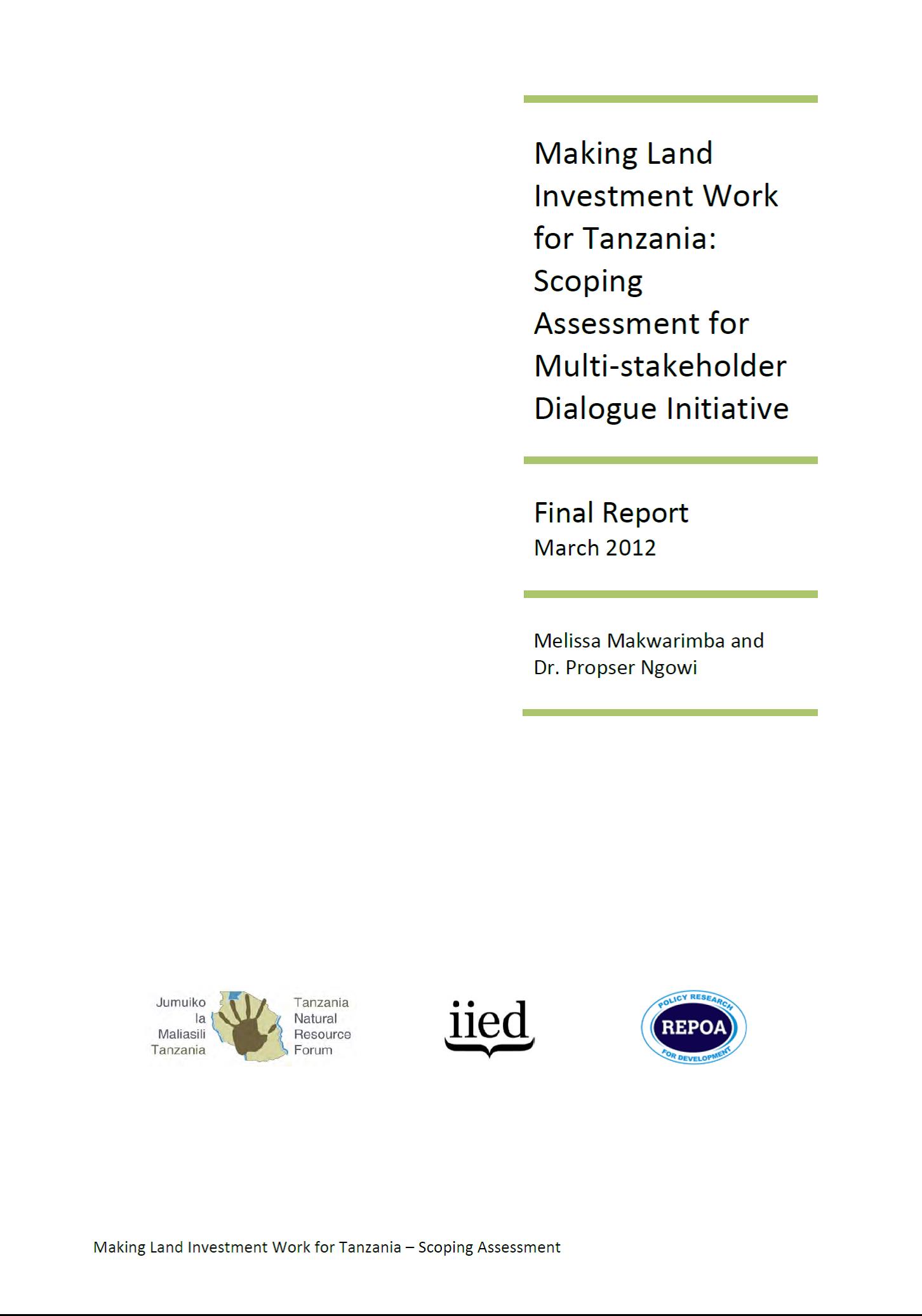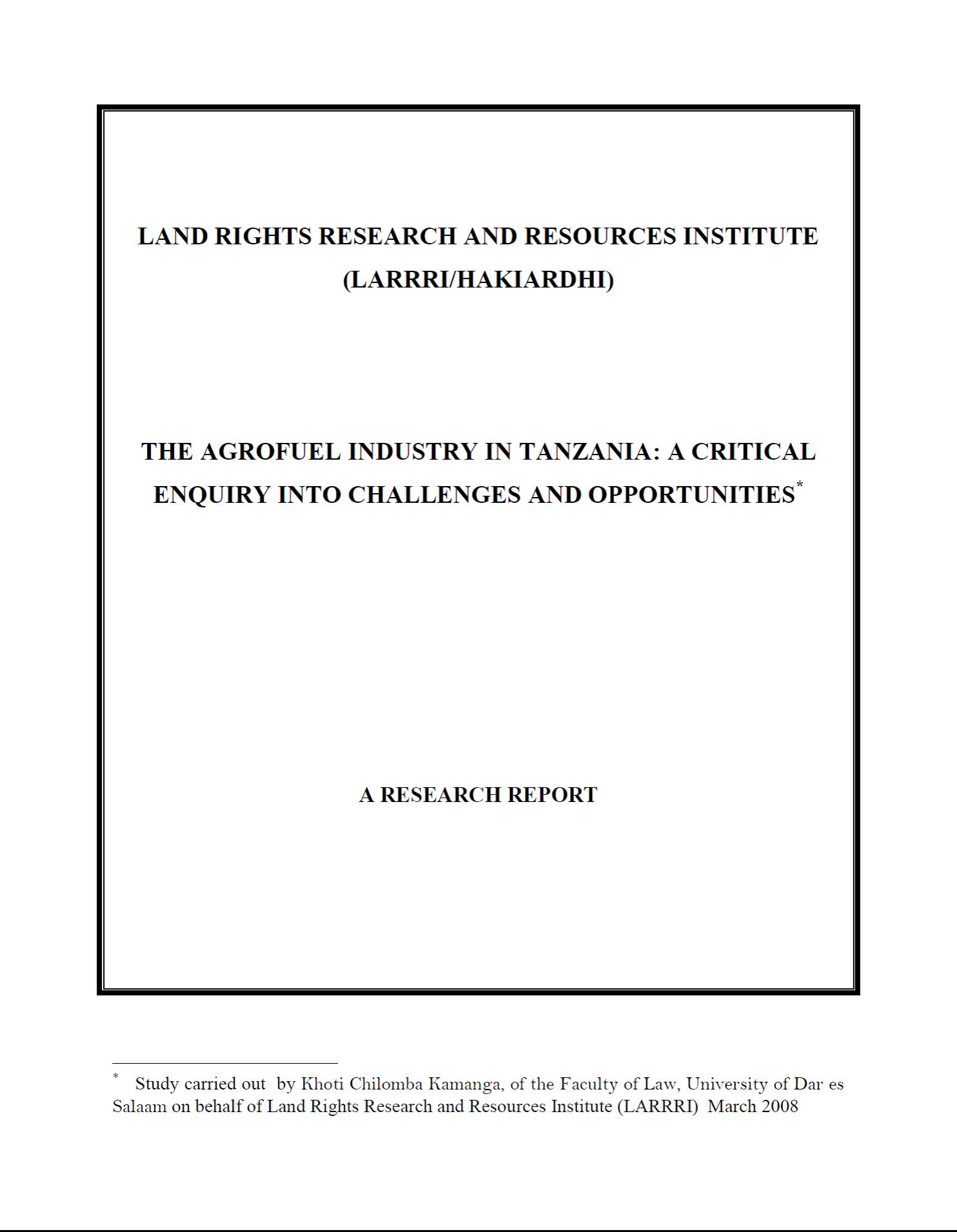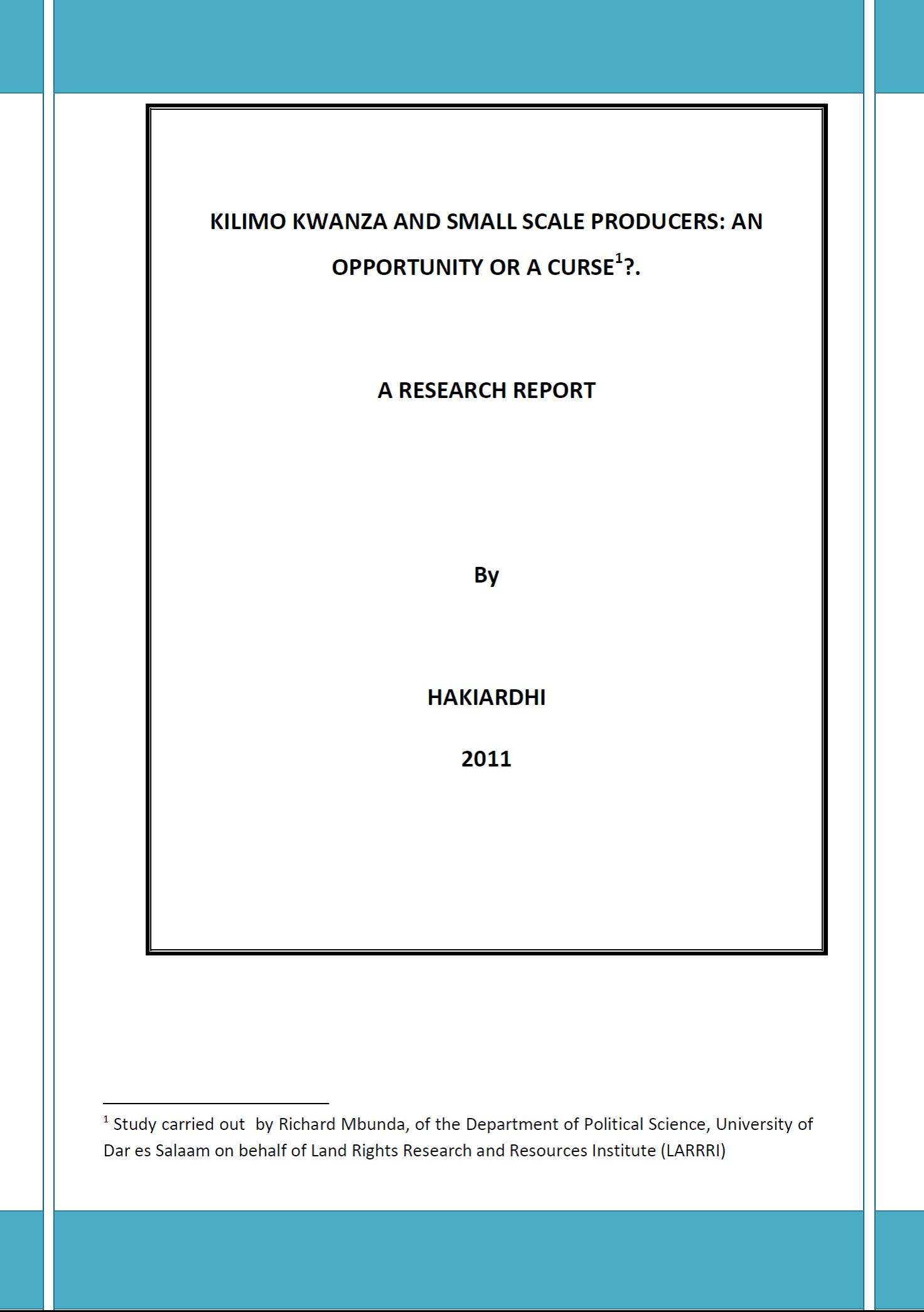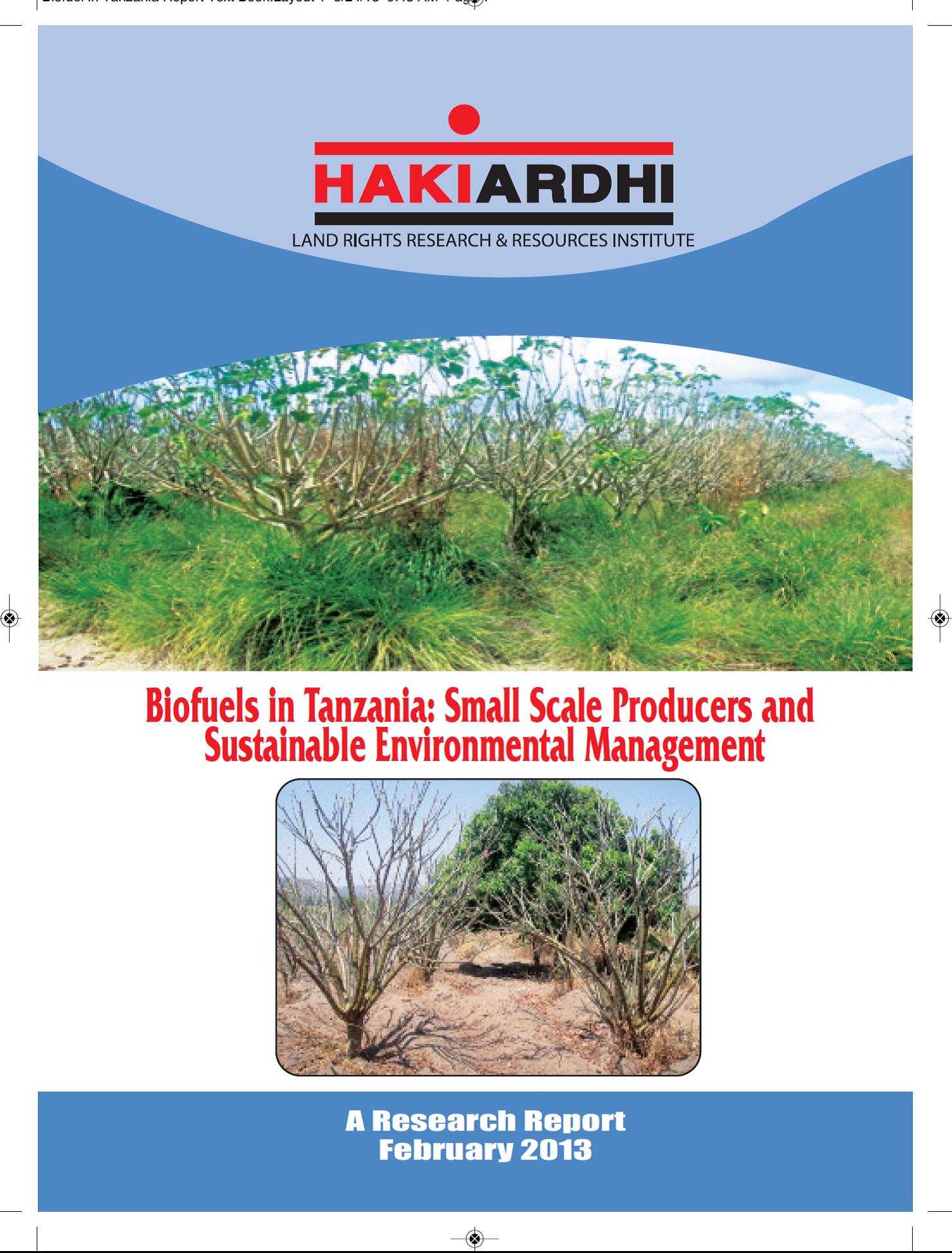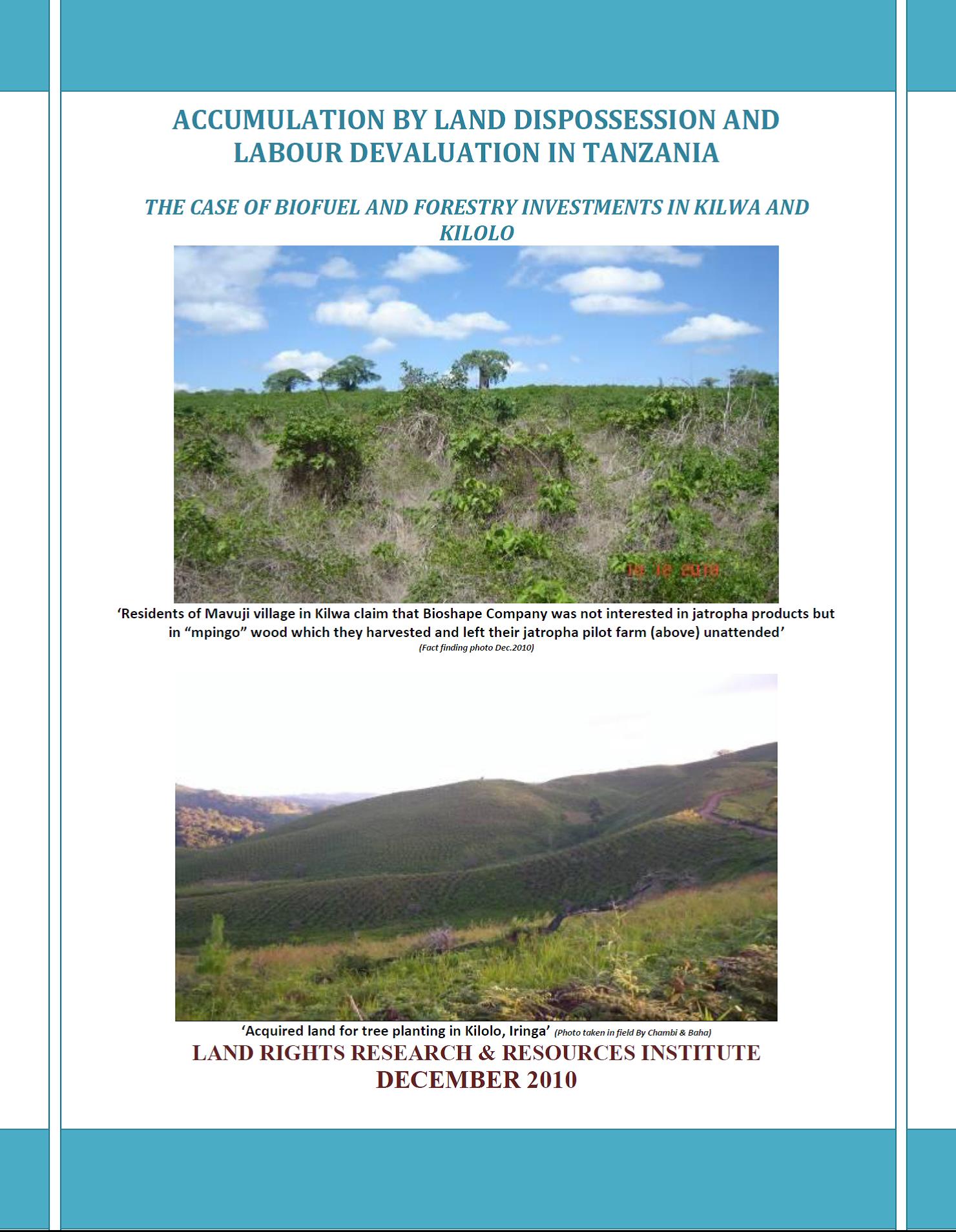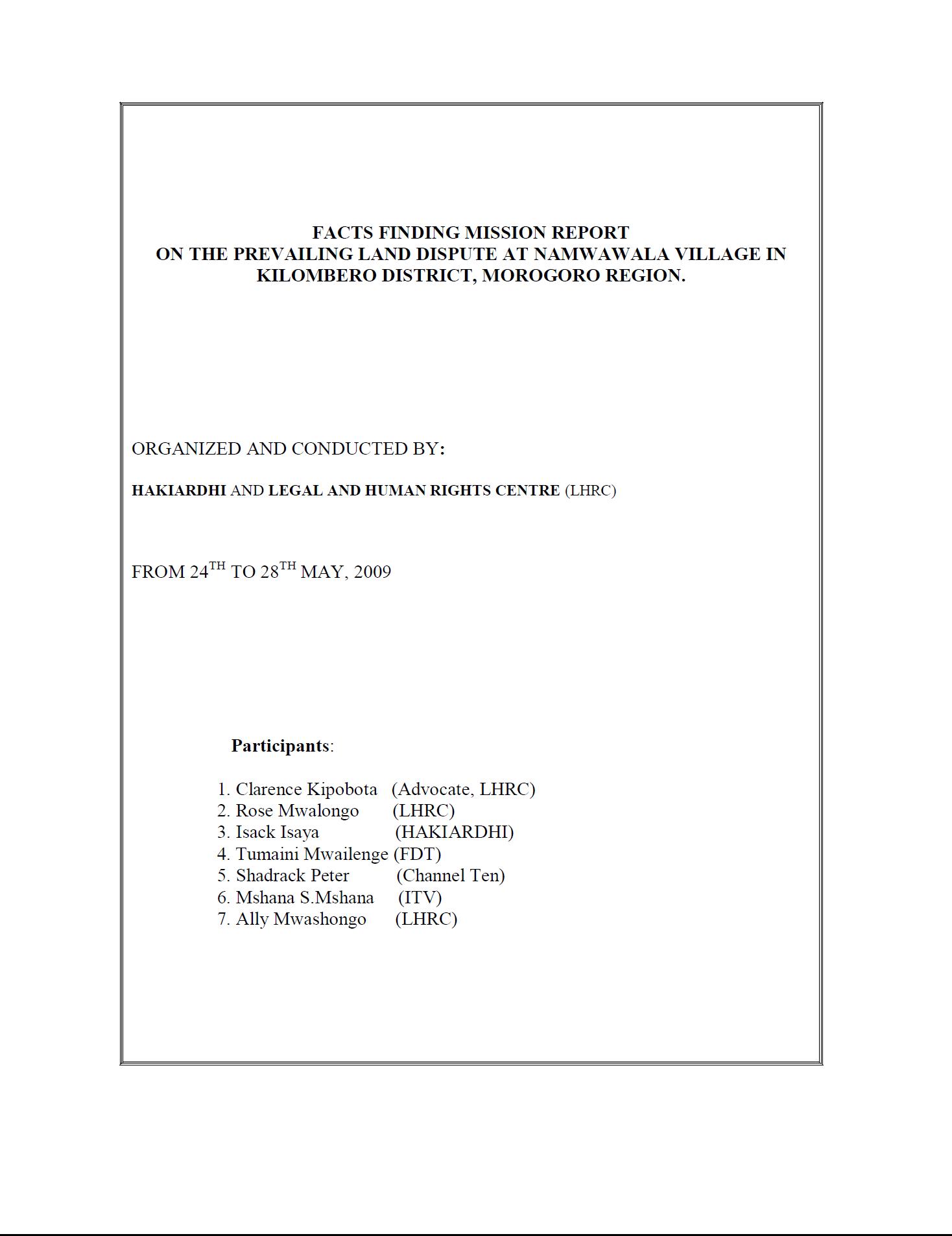An Overview of Large-Scale Investments in the Mekong Region
WEBSITE INTRODUCTION: Across the Mekong region, ‘development’ has become synonymous with rapid economic growth, to be achieved through predominantly large-scale, private investments. The development model promoted by the region’s governments prioritizes trade and investment liberalization, and privatization. Private investment is sought in virtually every sector of the economy from energy, oil, minerals, agriculture and food processing to education, health, tourism, manufacturing, pharmaceuticals, transportation and urban infrastructure.


